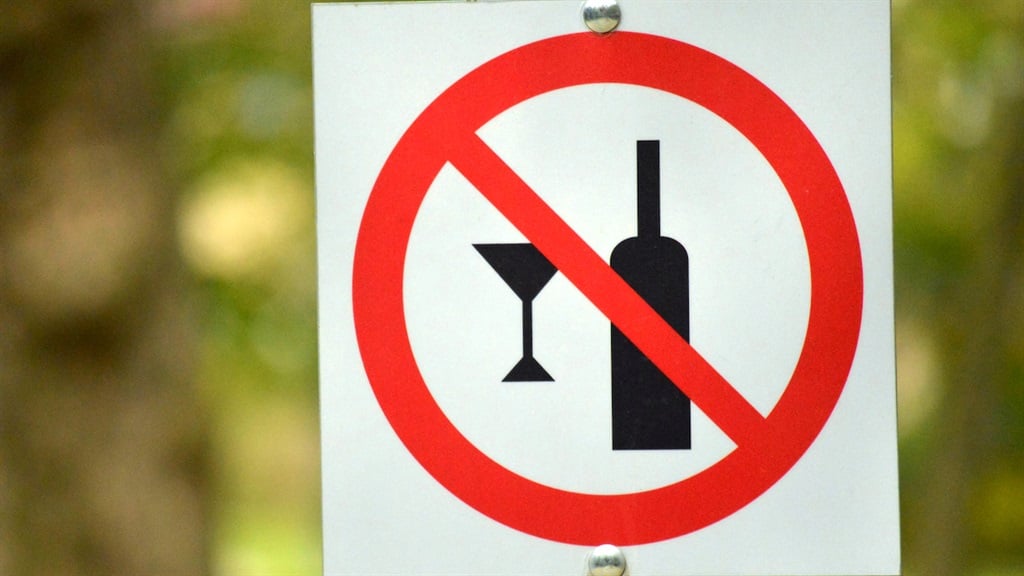
- The Beer Association of SA will submit an urgent Promotion of Access to Information Act application to obtain data and evidence that contributed to the decision to extend the booze ban.
- The fourth alcohol sales ban has placed over 4 600 jobs at risk, and R5.1 billion in taxes and excise duties have potentially been lost in the past 14 days, according to BASA.
- The alcohol industry believes that government had already decided to extend the ban, bringing into question consultations with the industry.
The Beer Association of South Africa (BASA) will submit an urgent Promotion of Access to Information Act (PAIA) application to obtain data and evidence that contributed to the decision to extend the booze ban.
President Cyril Ramaphosa on Sunday announced that the alcohol sales ban will be extended for another two weeks, along with other level 4 restrictions, to contain the spread of Covid-19. The third wave is more severe than the previous two waves, he said.
Ramaphosa said the national response to the pandemic is guided by "the latest available evidence and the advice of experts".
"We know that restrictions on alcohol sales reduce the number of admissions at hospitals and emergency rooms with alcohol-related trauma, such as motor vehicle accidents and interpersonal violence.
"Reducing alcohol harm frees up much-needed capacity in our health facilities to deal with Covid-19 cases. Alcohol abuse is also associated with gatherings and non-adherence to public health regulations," Ramaphosa said.
In a statement issued shortly after the president's address, BASA said that in all its discussions with government it is acknowledged that the main driver of infections is large gatherings and the failure to observe mask-wearing and social-distancing protocols. However, the association still has not been provided with data showing the link between alcohol and increased hospital admissions, this despite having requested this information from government.
Understanding the rationale behind the ban
"We have therefore decided to submit our PAIA application in order to understand the rationale for the extension of the current ban when it is clear that thousands more jobs will be shed and billions more will be lost to the national fiscus."
The PAIA is among a growing list of measures taken by the industry to challenge the ban. Wine producer representative Vinpro has filed an interim interdict application to have the ban on wine sales in the Western Cape lifted, and beer maker South African Breweries has also lodged a court bid to overturn the ban.
According to BASA, the latest alcohol ban has put some 4 600 jobs at risk, as well as resulted in a potential loss of R5.1 billion in taxes and excise duties.
The industry estimates that it has lost retail sales revenue of R6.1 billion due to the past 14 day ban, according to the The South African Liquor Brand Owners' Association (Salba).
BASA said that the beer industry and broader alcohol sector had made submissions to the National Joint and Intelligence Structure to allow it to sell alcohol for off-site consumption. "This would allow these businesses to earn an income [and] would stop citizens from buying from the flourishing illicit market while also ensuring they consume alcohol in the safety of their homes," BASA said.
Fin24 earlier reported that the National Traders' Association (NLT) - whose members include taverns and shebeen permit holders and bottle stores - had written to the president to similarly partially lift the alcohol sales ban. The NLT also called for financial relief of R20 000 to affected taverns and permit holders, as well as to introduce a two-year moratorium on liquor licence renewals.
TERS funding on the way
Ramaphosa announced that the Covid-19 Temporary Employer-Employee Relief Scheme (TERS) would be extended for sectors affected by adjusted level 4 restrictions. The details are to be published shortly after the finalisation of the full scheme, it will include details on who is eligible for support.
BASA noted the president's announcement on TERS funding. "We eagerly await the details of this assistance as businesses within the beer industry have received zero financial assistance since the start of the lockdown in March last year," BASA said.
In a joint statement, NLT and Salba - the latter of which represents alcohol manufacturers including Distell, Heineken, Diageo and Pernod Ricard - said the alcohol sector is paying the price for government's shortcomings in the Covid-19 response. This especially amid gatherings in Nkandla ahead of former president Jacob Zuma being imprisoned.
"Despite all forms of gatherings being banned under the current lockdown regulations, the country witnessed a large convergence of people at the home of former president Zuma in Nkandla, but the police took no action. They ignored the public drinking and the public discharge of firearms that was broadcast on national TV," said Salba chairperson Sibani Mngadi.
Where is the science?
The alcohol industry is of the view that government had already made a decision to extend the ban, despite consultations this week. "The decision seems to confirm media reports that the government had intended to ban alcohol sales for 21 days, but opted to announce a 14-day ban to avoid criticism from business and the general public," the statement read.
City Press reported that the extension of the lockdown had previously been decided to last two more weeks.
Salba now intends to seek clarity from Parliament in order to establish whether Ramaphosa "deliberately" misled the public on the length of time the restrictions would be in place.
National Liquor Traders convener Lucky Ntimane called for Ramaphosa to engage with the industry. "There is an apparent misalignment between the statements made by the president that consultations are taking place with all affected sectors, when in fact it is a monologue, with [the] industry making numerous proposals and sharing research while government keeps its cards close to its chest.
"At no stage during the past 15 months has government shared the science on which they have based their decisions, despite repeated requests to do so," said Ntimane.
